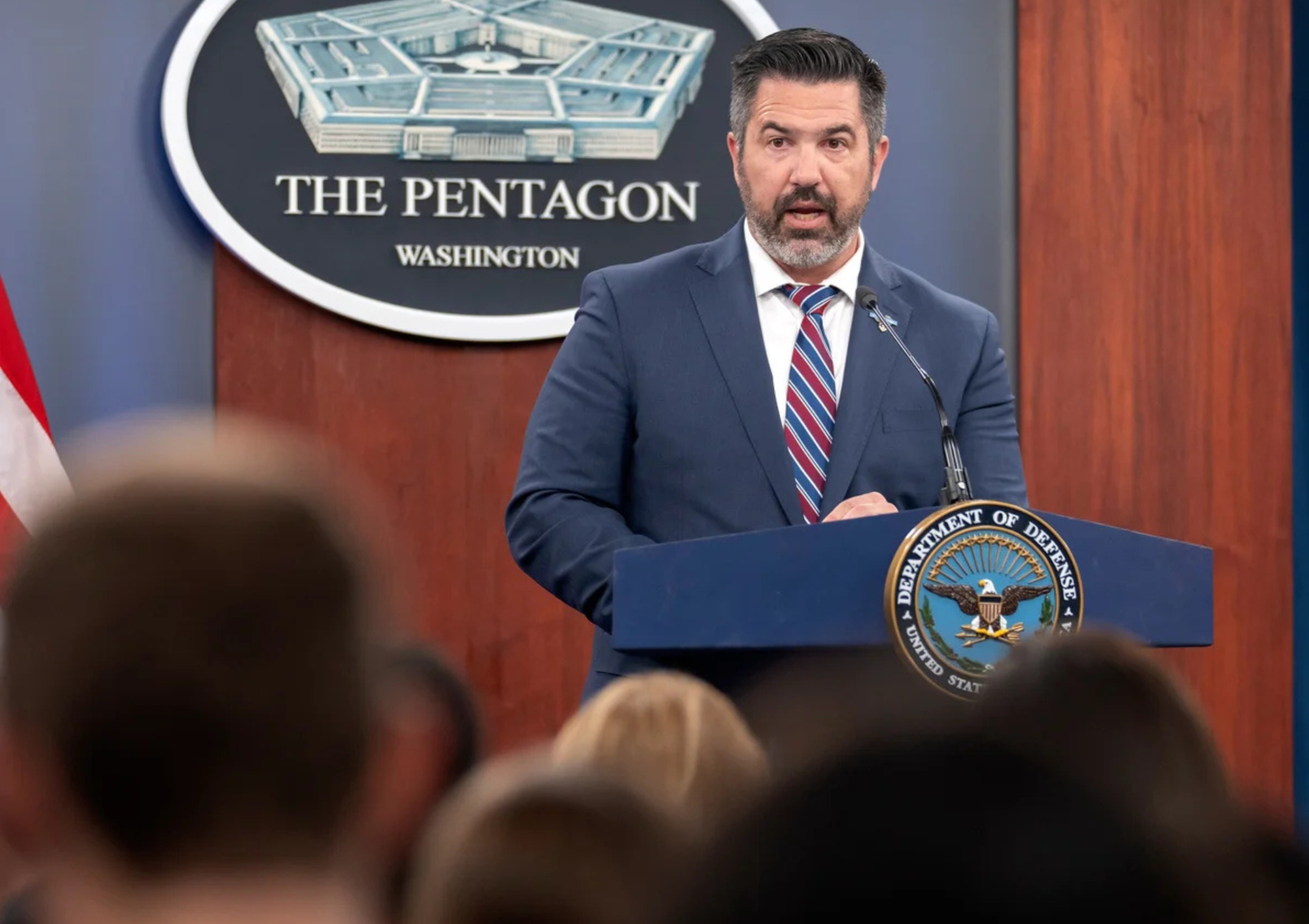
By Sulagna Halder
Washington DC, 3 July 2025:
As the United States faces dangerously low stockpiles of vital munitions, such as 155 mm artillery shells and Patriot air defense missiles, the Pentagon has begun reviewing arms exports to allies.
Defence officials say this comes after two years of providing Ukraine with a lot of military aid and as demand around the world has increased, forcing the US to reevaluate how much it can afford to send overseas without jeopardising its own defense readiness. The review's goal, according to Pentagon spokesperson Sean Parnell, is to "align security assistance with national defense priorities." Elbridge Colby, a former defense strategist who currently advises the Trump administration, is spearheading the initiative. He stated that the US must exercise caution while upholding its strategic obligations in the Indo-Pacific, the Middle East, and Europe.
The suspension of important munitions shipments to Ukraine has been one of the most noticeable effects. These consist of more than 140 Hellfire missiles, about 8,500 155 mm shells, 250 GMLRS precision guided rockets, and 30 Patriot interceptor missiles. Ukrainian officials are concerned about the Pentagon's decision, claiming that these systems are essential for fending off increasingly intense Russian air and ground attacks.
According to reports, Ukrainian President Volodymyr Zelenskyy has urged for more assistance and asked Washington for clarification. Officials from Ukraine's foreign ministry called for the US acting envoy in Kyiv and called the sudden stop "a blow to the resilience of Ukraine's defenses." The decision was described as "a total shock" by a member of the Ukrainian Parliament, highlighting Kyiv's mounting disquiet over the United States' changing priorities.
The disruption may have major repercussions on the battlefield, according to military analysts. Air defense systems like the Patriot are deemed necessary to safeguard both military installations and civilian infrastructure in light of Russia's increased use of drones and missiles. Ukraine might find it difficult to sustain its current level of resistance in the absence of new supplies.
In a larger sense, since 2022, the US has been providing Ukraine with significant assistance from its own war reserves. The pressure on the stockpiles has increased due to recent deployments to the Indo-Pacific and Red Sea. Increased munitions requests are also being made to US allies, such as NATO, creating what officials refer to as a "global squeeze."
The Pentagon has promised that it is looking into ways to increase production, speed up procurement, and collaborate with partners to fill supply shortages. The present pause, however, poses a serious strategic risk to Ukraine at a pivotal point in the war.